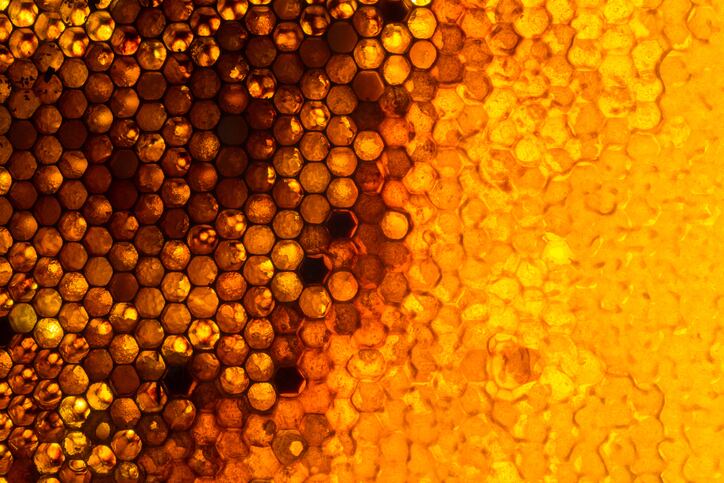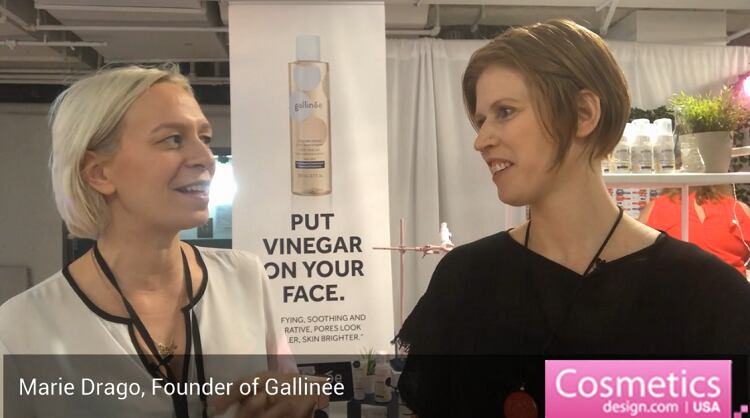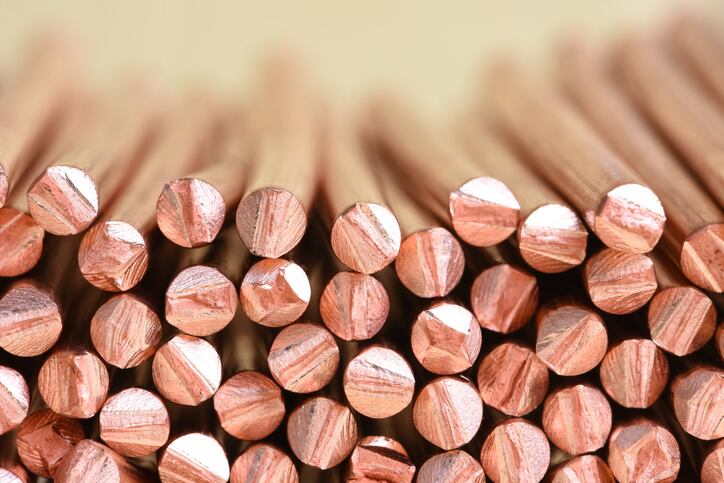Mibelle’s new Black BeeOme ingredient isn’t just on-trend, it’s highly particular. According to a company press release announcing the new ingredient, Black BeeOme is derived from the honey of “a rare and old honey bee species…. in isolated Swiss mountain valleys.”
Once collected, the honey is then “fermented with the bacteria Zymomonas mobilis,” explains the Mibelle release.
Fermentation is a process that resonates with consumers who trust both ancient food and beauty practices as well as a newly emerging skin microbiome science.
Clinicals and benefits
Black BeeOme and other prebiotic skin care ingredients are shown to help the roughly 1,000 species of micro-organisms (mostly bacteria but other flora as well) living on human skin maintain a healthy symbiotic relationship with the skin. By contrast, microbiome-friendly ingredients don’t nourish the microbiome so much as they are designed to do no harm. And microbiome skincare does both of those things and often goes a step further, adding micro-organisms back to skin’s surface.
According to Mibelle, “in vitro and clinical studies have shown that following washing, Black BeeOme promotes the faster regeneration of the skin flora as well as the restoration of the skin barrier.”
“Furthermore, fermented black bee honey was shown to reduce sebum production and improve the uniformity of oily and uneven facial skin. Only 15 minutes after a single application on a sheet mask, Black BeeOme showed a significant improvement in the impure skin of volunteers who lived in urban, polluted locations,” according to the company’s press materials.
Competitors and opportunities
Multinational beauty makers like J&J and L’Oréal as well as innovative independent skin care brands are all working to learn more about the skin microbiome and develop products that incorporate their learnings.
For instance, back in 2016, IFF Lucas Meyer Cosmetics launched a scalp care ingredient: “Defenscalp is a very innovate antidandruff ingredient that [regulates] the scalp ecosystem homeostasis,” product manager Magali Borel, explains to Cosmetics Design in this video interview from the in-cosmetics Paris event that year.
And just last week at the Indie Beauty Expo in Los Angeles, California, Cosmetics Design checked in with Marie Drago about the progress (and future potential) of her microbiome skin care brand Galliée.
Needless to say there is a lot going on in industry right now to exploit this new found skin care opportunity. Register HERE to learn more about the skin microbiome at the Cosmetics Design Summit 2019: Skin Microbiome Innovation, which is sponsored by DSM and Givaudan (Diamond sponsors); Solabia, BASF, and Sabinsa (Platinum sponsors); and Indena and Atlantia (Gold sponsors).
This article was updated on 5-Feb-2019 to correctly describe the Black BeeOme ingredient as a prebiotic rather than a probiotic as first reported.
---

Deanna Utroske, CosmeticsDesign.com Editor, covers beauty business news in the Americas region and publishes the weekly Indie Beauty Profile column, showcasing the inspiring work of entrepreneurs and innovative brands.




